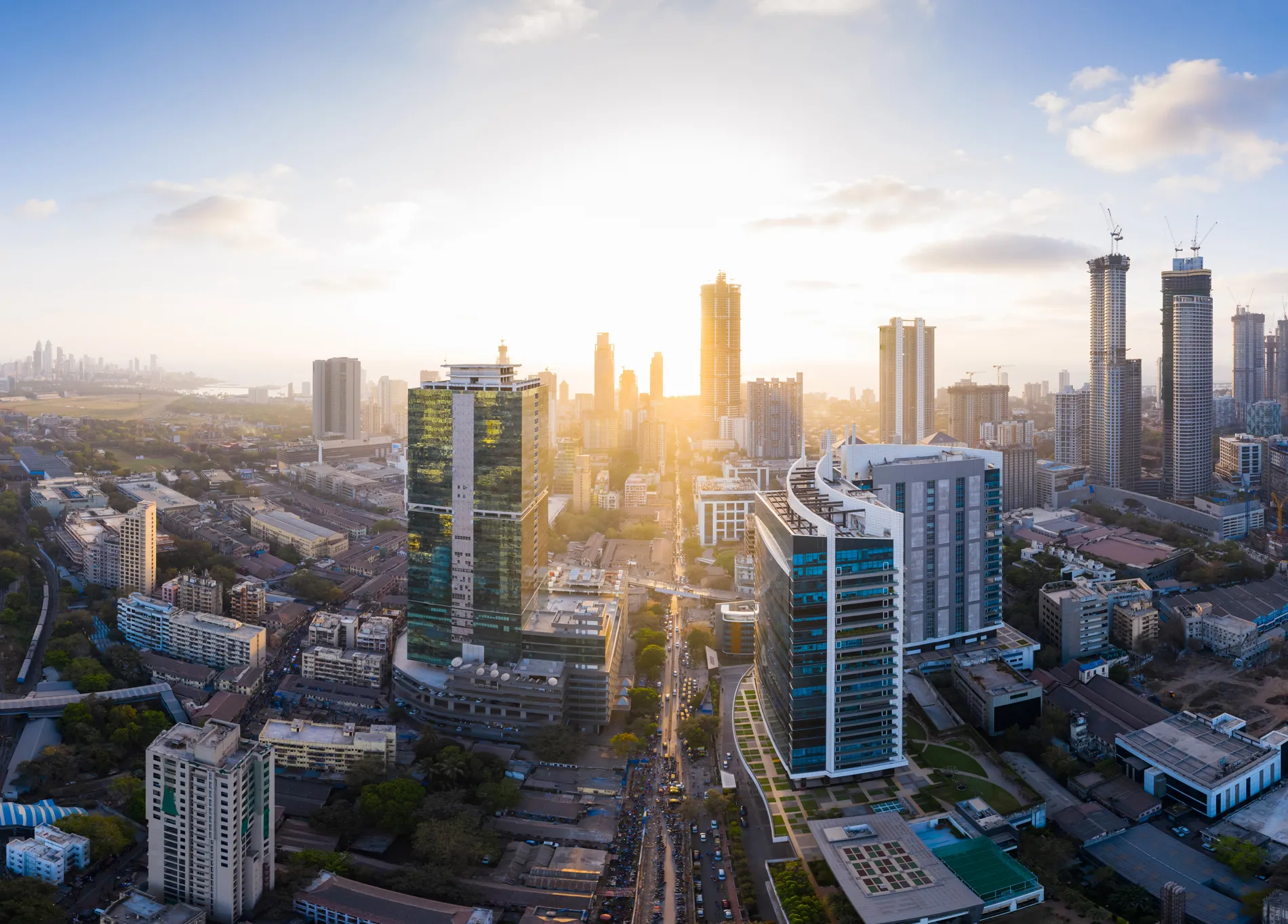Preaching a gospel of caution and patience, Laurence Tosi, the founder and Managing Partner of WestCap Group, describes the last few years as an era when early-stage companies gained distorted valuations, built too fast on unproven business models, and rushed into IPOs before they were ready.
As a result, Tosi said, young companies should work their way through the current economic climate by concentrating on the basics: be sure their runways are long enough to reach profitability, invest in activities that yield short-term returns, make efficiency a core competency, and continue to innovate.
Speaking at the Jefferies 2023 Private Internet Conference, Tosi advised that some companies can still keep an eye out for opportunities to make acquisitions, especially in situations where competitors are in turmoil.
“A lot of our businesses are leaders in their space and their competitors are in distress,” Tosi said. “Now’s the time to be aggressive.”
Tosi is a renowned entrepreneur and investor, who served as chief financial officer at Blackstone and Airbnb. Tosi founded WestCap Group in the late 1990s and returned to the firm full-time in 2018. WestCap’s focus is on investing in companies that are in a middle-stage of development.
Amid a record downturn in venture capital activities and regional banking failures – when many mid to late-stage companies are scaling back their operations – Tosi said early stage companies have the opportunity to do well if they pursue a path of disciplined, sustainable growth.
“Over the last few years, most of the disruption we saw was distortions in valuation. Companies tried to build too fast on models that were unproven,” Tosi said. “Seed-stage companies were receiving the valuations of established, late-stage incumbents.”
Tosi underscored the importance of companies having a solid business model before pursuing a public offering. By shoring up operations and allocating resources to high-performing business lines, companies can sustain investor confidence post-IPO.
“Market opportunity isn’t enough,” Tosi stressed. “Companies have to be ready – with the capital, branding, and culture to continue growing post-IPO. We always preach patience.”
As a first step, companies should scale back their operational cadence to ensure sustainability. Short-term return activities should be the priority, he said, while long-haul investments should be pursued with caution.
As for later-stage companies, Tosi said: “We’re advising companies to take their margins and invest them back in growth. Make efficiency a core competency and continue to innovate. Then, you can start to think about taking share in our tough market.”
Tosi stressed that one of the most critical issues facing a company contemplating an IPO is timing.
“We always believe the good companies will go out early [in the cycle] to price the IPO effectively so it will perform well,” Tosi said. “If you go back and you look at 75% of the IPOs or thereabouts in 2018 and 2019, techs were trading above their IPO price. It’s probably about 15% of the ones that went later in the cycle like 2022. And that’ll be a better experience for investors because if they want to sell they will be selling into a rising stock price and not a declining one.”
“Airbnb went early in the cycle,” he added. “They were right. They hadn’t even fully recovered from COVID, but they were right to go early because they had a great business model, leadership team and they were ready.”
Rather than wait for the best market opportunity, he said, wait until the company is ready and the IPO compliments the business model.
“Either you need the capital, the branding, or the ability to keep your employees with public stock,” he said. “Wait for those good fundamental reasons.”




